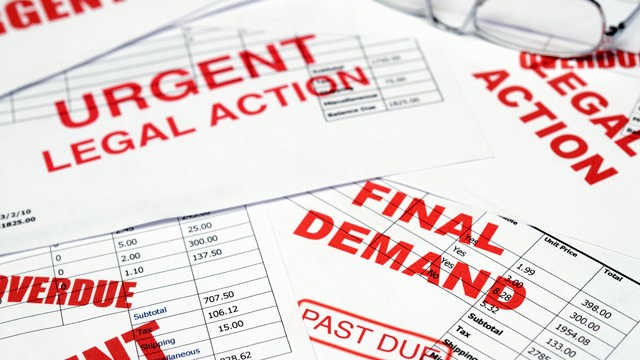In a world where our assets are constantly under threat from usurious taxes, government largess, financial predators and rapacious offspring, there is still NO worse threat to intergenerational family wealth than a second wife. People get married the first time for any one of a number of reasons: Family pressure, filling a void, the urge to have children, an inexplicable desire to emulate the lives of Al and Peg Bundy and passion. But these first marriages often end, sometimes with children left in their wake, and are replaced by a second marriage based on love, devotion and emotional security. In these second (or third) marriages, often one spouse tends to be significantly older and more financially secure than

















